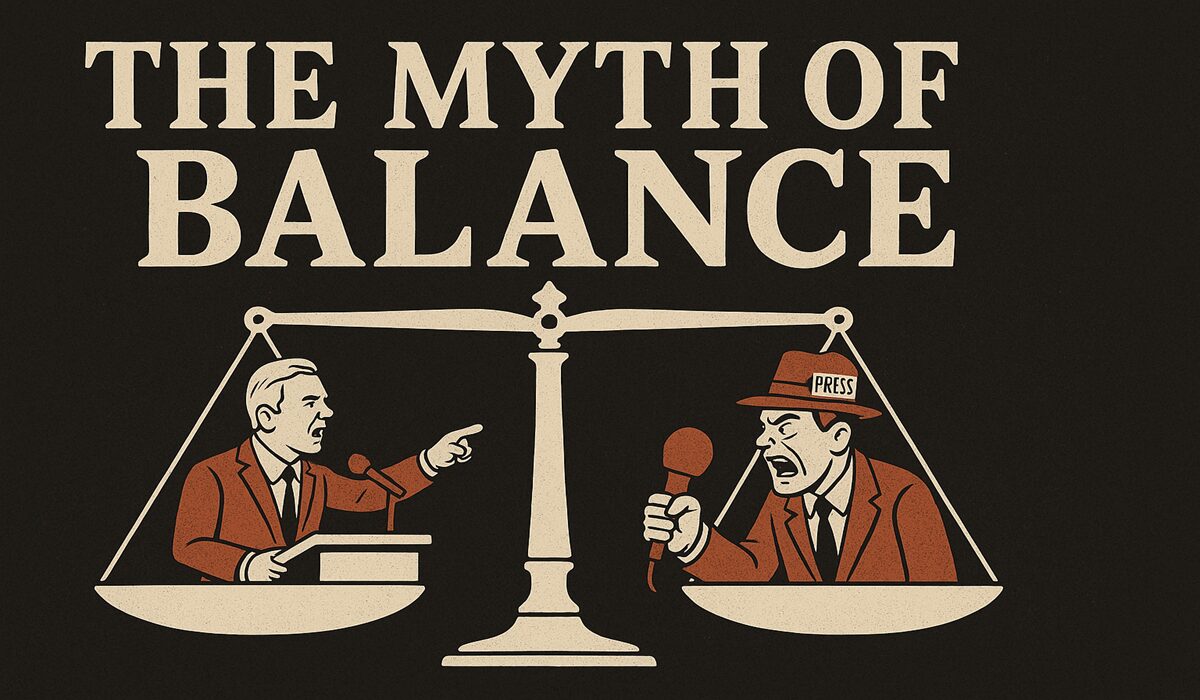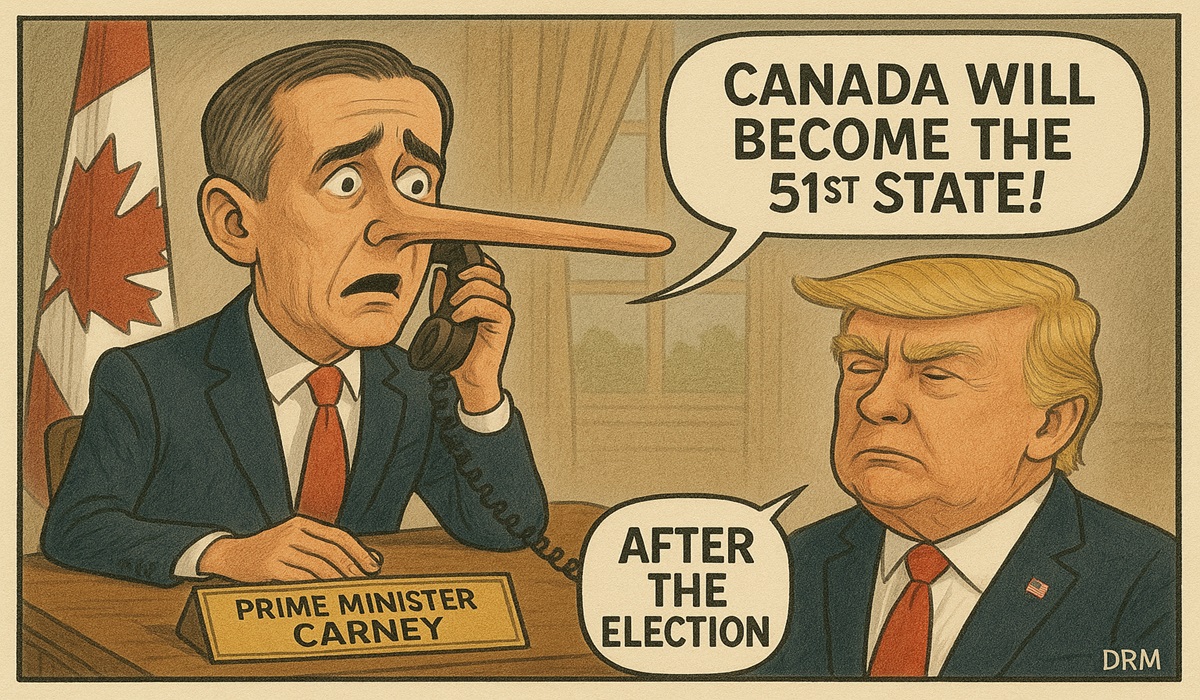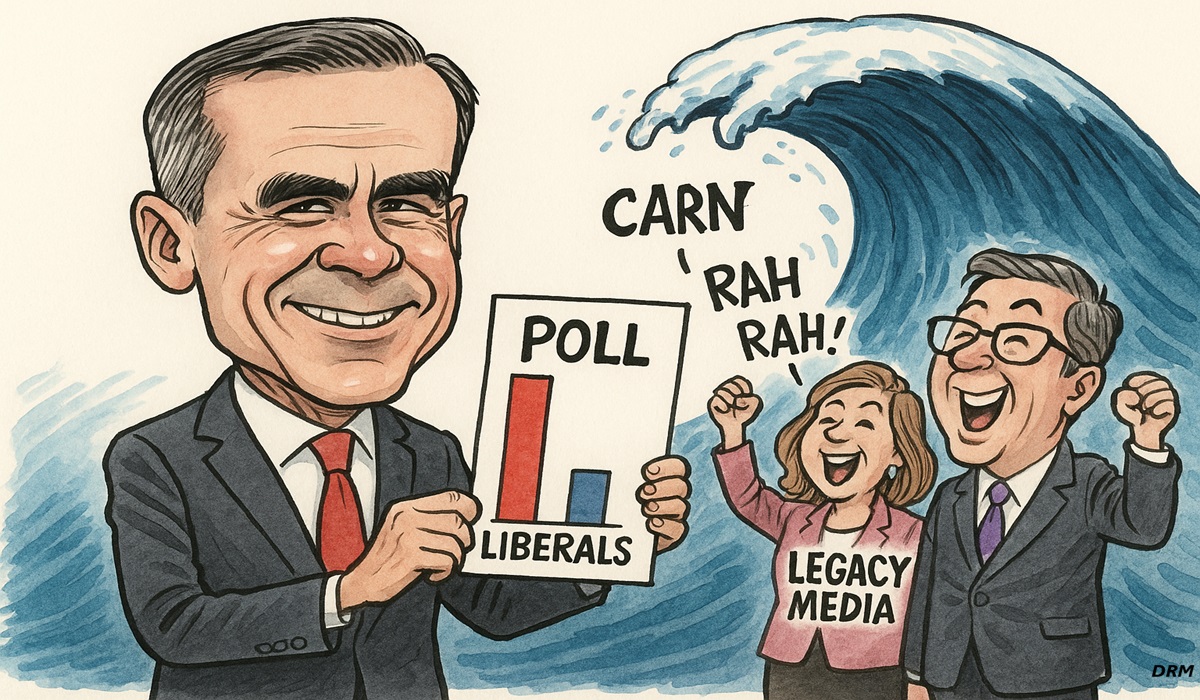According to Job Seekers, There Is a Surge in “Isms.” Is It True?
- Nick Kossovan
- D.O.C Supplements - Trending News
- The Art of Finding Work
- January 5, 2025

Image Credit,
Five hundred applicants (conservative estimate), one hire:
- 500:1 ratio
- 0.2% chance of getting hired
Regardless of your education, skills, experience, and whom you know, job searching today is akin to betting against the house.
The 499 who didn’t get hired will likely say:
- “I’m over 45, so it must be ageism.”
- “I’m green, so it must be racism.”
- “I identify as [whatever], so it must be [whatever].”
- “I don’t fall into a DEI category, so it must be reverse racism.”
Rare is the job seeker who’ll say, “I could have done a better job applying/interviewing.”
In most cases, job seekers reach for the “I’m a victim!” card (read: excuse) as the reason they weren’t selected for an interview or hired. With all the rejection going around these days, self-professed career coaches who never provide empirical data and offer only selective anecdotes (details are never given) exploit the vulnerability of job seekers by telling them what they want to hear—it’s not their fault, employers are bad people looking for unicorns and rockstars—as a ploy to sell their “service.”
Actions and inactions have consequences, especially when job hunting. Based on my observations and conversations, people rarely consider the consequences of their actions or inactions and rather blame circumstances—everyone but themselves—for why they’re not achieving success.
What you eat today will affect you tomorrow.
Not returning a phone call immediately could mean a lost opportunity.
Nowadays, the sense of entitlement among job seekers is so prevalent that it’s fueling an often expressed and seen anger: “I’m not getting what I deserve!” “I’m not getting what I want!” Anger frequently results in false pride and an overinflated belief in your worth—the job market determines your worth, not your opinion of yourself—which is extremely difficult to overcome.
We are all born into this world to make our own way; nothing is promised, including health, safety, food, shelter, happiness, love, or a job.
Then there’s social media, which does one thing exceptionally well—actually, “too well;” it amplifies voices, opinions, and narratives. The result? A toxic echo chamber that can make it seem like everyone is a victim of something—ageism, sexism, racism, etc. While many ‘isms’ are undeniably true, you’ve no influence in changing them. Dwelling on isms distracts you from finding a job. As a job seeker, you’re in the finding a job business, not the changing how employers hire advocacy business.
Since your mindset directly influences your attitude and behaviour, having an “I’m a victim!” mindset is unproductive and damaging to your job search efforts. Blaming external factors, which you most likely can’t quantify, for your job search frustrations will not bring you closer to finding a job. Job seekers who play the victim card become passive observers of the job market instead of taking action to change their job search strategy.
A victim mentality or a sense of entitlement turns employers off and will be evident when interviewing. An experienced recruiter or hiring manager can spot entitlement or a f*ck you attitude right away. Employers prefer proactive, resourceful candidates who take responsibility for their actions.
Rather than focusing on the alleged amount of isms out there, here are three pieces of advice:
- Let go of any sense of entitlement you may have.
If you do nothing more than lose any sense of entitlement you may have, you’ll be further ahead than most job seekers. Employers—the world—don’t owe you anything! Network relentlessly—reach out to contacts, attend events, and engage on LinkedIn. Embrace rejection as a learning tool; analyze what went wrong and adjust your job search strategy. Cultivate resilience; setbacks are part of achieving a goal journey. Finally, focus on what you can contribute to employers rather than what you want an employer to give you.
- Take full responsibility for your actions and inactions.
Acknowledging that your actions and inaction are the ultimate contributing factor to your job search success is crucial. Instead of blaming external factors, control what you can influence.
- Are you applying to the right jobs and companies? (My advice to all job seekers: Don’t look for a job; look for your tribe! Seek employers who’ll welcome you.)
- Does your resume and LinkedIn profile showcase the tangible results you’ve achieved for your employers, backed by numbers or simply your opinions?
- Are you actively seeking out opportunities and networking?
“Actions have consequences… first rule of life. And the second rule is this – you are the only one responsible for your own actions.” – Holly Lisle, American writer.
- See yourself as a solutions provider.
Focus on articulating how you can solve problems for an employer. By envisioning yourself as a solutions provider—”How can I help this employer?”—you cultivate a proactive approach to your job search.
When job hunting, your greatest asset is your mindset. Yes, ongoing systemic isms issues exist and affect your job search. However, allowing isms, which I repeat, you can’t do anything about to influence your job search is pointless. Don’t let those with an entitlement mentality convince you there are a host of “isms” preventing you from getting a job and divert your energy and focus from getting a job.
_____________________________________________________________________
Nick Kossovan, a well-seasoned corporate veteran, offers “unsweetened” job search advice. Send Nick your job search questions to artoffindingwork@gmail.com.








